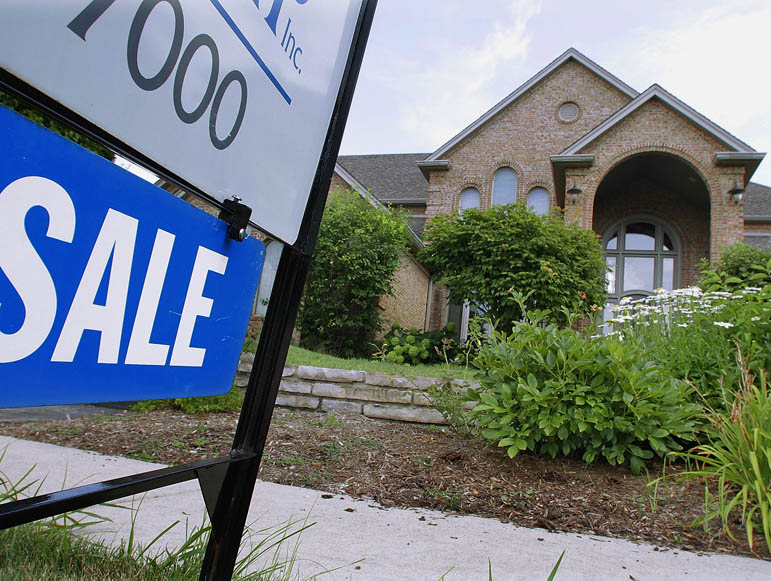For most of the lifespan of nearly everyone reading this, investing in a home was the one thing sure to pay off with the highest rate of return.
Over many decades, housing grew in value faster than stocks or bonds and greatly outpaced savings accounts.
But that trend, which began with the surge in demand created by the post-World War II baby boom, now appears to be as much a part of history as Pearl Harbor and the Battle of the Bulge.
Fueled by tax deductions, affordable mortgage rates and subsidies for millions of veterans, the housing boom that began in the late ’40s not only created what was first called “suburbanization” and later “urban sprawl,” it put a lot of appreciated value into Americans’ hands that poured out via equity loans and renegotiated mortgages into a booming economy.
Now, the boom has gone bust, and many (though not all) analysts say it will be a long time before it returns — if it ever does. The National Association of Realtors announced Tuesday that sales of previously occupied homes fell 27 percent nationwide in July from June, and were down nearly 26 percent from the year before. In Maine, the decline was 30 percent.
This, despite the fact mortgage rates (for “qualified buyers,” a term that doesn’t mean what it did a year ago, either) are at their lowest level in decades and homes are a glut on the market. A healthy market has a six-month supply of homes, agents say, but this one would take 12 months to clear, a sure sign of distress for sellers, who greatly outnumber buyers.
One result is that homes are quickly returning to their prewar status as places to live rather than sources of wealth. Our grandparents viewed them as we view our cars, something we need and can borrow to buy, but owning one won’t make us rich. Values that keep pace with inflation are the best we can hope for, we’re told.
If that’s truly the case, it will involve a major readjustment in people’s expectations for the future — and make many options, including a child’s education, less affordable than in the past.
Send questions/comments to the editors.



Success. Please wait for the page to reload. If the page does not reload within 5 seconds, please refresh the page.
Enter your email and password to access comments.
Hi, to comment on stories you must . This profile is in addition to your subscription and website login.
Already have a commenting profile? .
Invalid username/password.
Please check your email to confirm and complete your registration.
Only subscribers are eligible to post comments. Please subscribe or login first for digital access. Here’s why.
Use the form below to reset your password. When you've submitted your account email, we will send an email with a reset code.